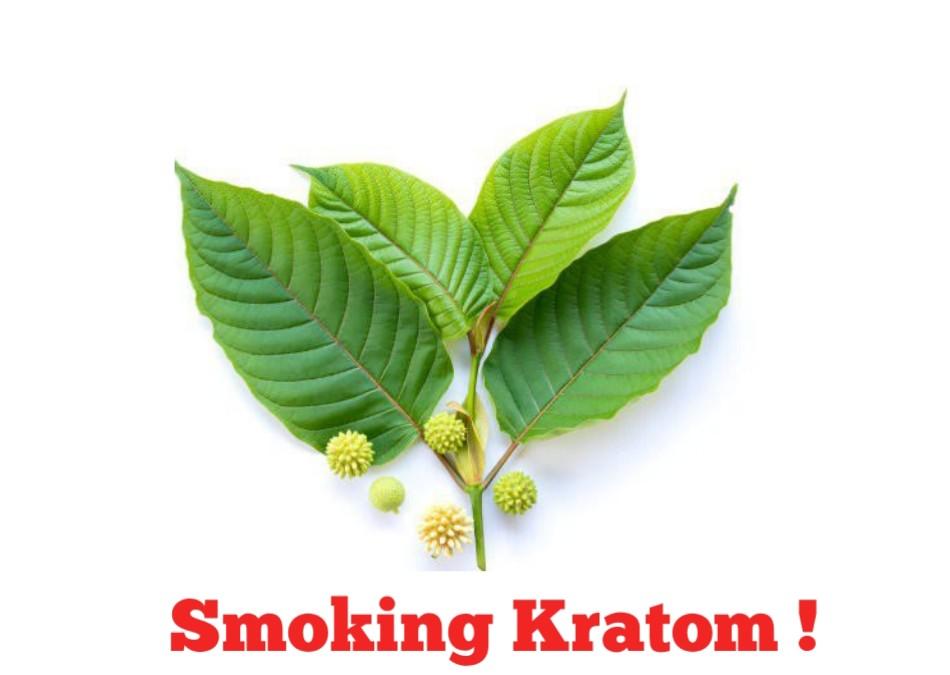Kratom scientifically known as Mitragyna speciosa is a tropical evergreen tree in the coffee family native to Southeast Asia. It is indigenous to Thailand, Indonesia, Malaysia, Myanmar, and Papua New Guinea, The leaves of kratom that contain compounds that can have psychotropic (mind-altering) effects.
Kratom is not currently an illegal substance and has been easy to order on the internet. It is sometimes sold as a green powder in packets labeled “not for human consumption.” It is also sometimes sold as an extract or gum. Kratom sometimes goes by the following names:
- Biak
- Ketum
- Kakuam
- Ithang
- Thom
How does kratom affect the brain?
Kratom can cause effects similar to both opioids and stimulants. Two compounds in kratom leaves, mitragynine and 7-α-hydroxymitragynine, interact with opioid receptors in the brain, producing sedation, pleasure, and decreased pain, especially when users consume large amounts of the plant. Mitragynine also interacts with other receptor systems in the brain to produce stimulant effects. When kratom is taken in small amounts, users report increased energy, sociability, and alertness instead of sedation. According to the European Monitoring Centre for Drugs and Drug Addiction (EMCDDA), a small dose that produces stimulant effects is just a few grams. The effects usually happen within 10 minutes after ingesting it and can last up to 1 1/2 hours. However, kratom can also cause uncomfortable and sometimes dangerous side effects.
Can you smoke kratom?
Most people take kratom as a pill, capsule, or extract. Some people chew kratom leaves or brew the dried or powdered leaves as a tea. Sometimes the leaves are eaten in food or smoked. People smoke different types of kratom while some smoke kratom leaves or powders, others depend on smoking kratom extract to feel the effects of the plant.
What are the health effects of smoking kratom?
Reported health effects of kratom use include:
- nausea
- itching
- sweating
- dry mouth
- constipation
- increased urination
- loss of appetite
- seizures
- hallucinations
Symptoms of psychosis have also been reported in some users. In addition, smoking anything including kratom comes with its own health effects which according to the Center for Disease Control and Prevention can include cancer, heart disease, stroke, lung diseases, diabetes, and chronic obstructive pulmonary disease (COPD), which includes emphysema and chronic bronchitis. Smoking also increases risk for tuberculosis, certain eye diseases, and problems of the immune system, including rheumatoid arthritis.
Can a person overdose while smoking kratom?
There have been multiple reports of deaths in people who had used kratom, but most have involved other substances. A 2019 paper analyzing data from the National Poison Data System found that between 2011-2017 there were 11 deaths associated with kratom exposure. Nine of the 11 deaths reported in this study involved kratom plus other drugs and medicines, such as diphenhydramine (an antihistamine), alcohol, caffeine, benzodiazepines, fentanyl, and cocaine. Two deaths were reported following exposure from kratom alone with no other reported substances.* In 2017, the FDA identified at least 44 deaths related to kratom, with at least one case investigated as possible use of pure kratom. The FDA reports note that many of the kratom-associated deaths appeared to have resulted from adulterated products or taking kratom with other potent substances, including illicit drugs, opioids, benzodiazepines, alcohol, gabapentin, and over-the-counter medications, such as cough syrup. Also, there have been some reports of kratom packaged as dietary supplements or dietary ingredients that were laced with other compounds that caused deaths. People should check with their health care providers about the safety of mixing kratom with other medicines.
Can you become addicted to smoking kratom?
Like other drugs with opioid-like effects, smoking kratom might cause dependence, which means users will feel physical withdrawal symptoms when they stop taking the drug. Results from one animal study suggest that mitragynine, the major psychoactive alkaloid of kratom, may have addictive properties. Some users have reported becoming addicted to kratom. Withdrawal symptoms include:
- muscle aches
- insomnia
- irritability
- hostility
- aggression
- emotional changes
- runny nose
- jerky movements
How is kratom addiction treated?
There are no specific medical treatments for kratom addiction. Some people seeking treatment have found behavioral therapy to be helpful. Scientists need more research to determine how effective this treatment option is.
Does kratom have value as a medicine?
In recent years, some people have used kratom as an herbal alternative to medical treatment in attempts to control withdrawal symptoms and cravings caused by addiction to opioids or to other addictive substances such as alcohol. There is no scientific evidence that kratom is effective or safe for this purpose; further research is needed.






